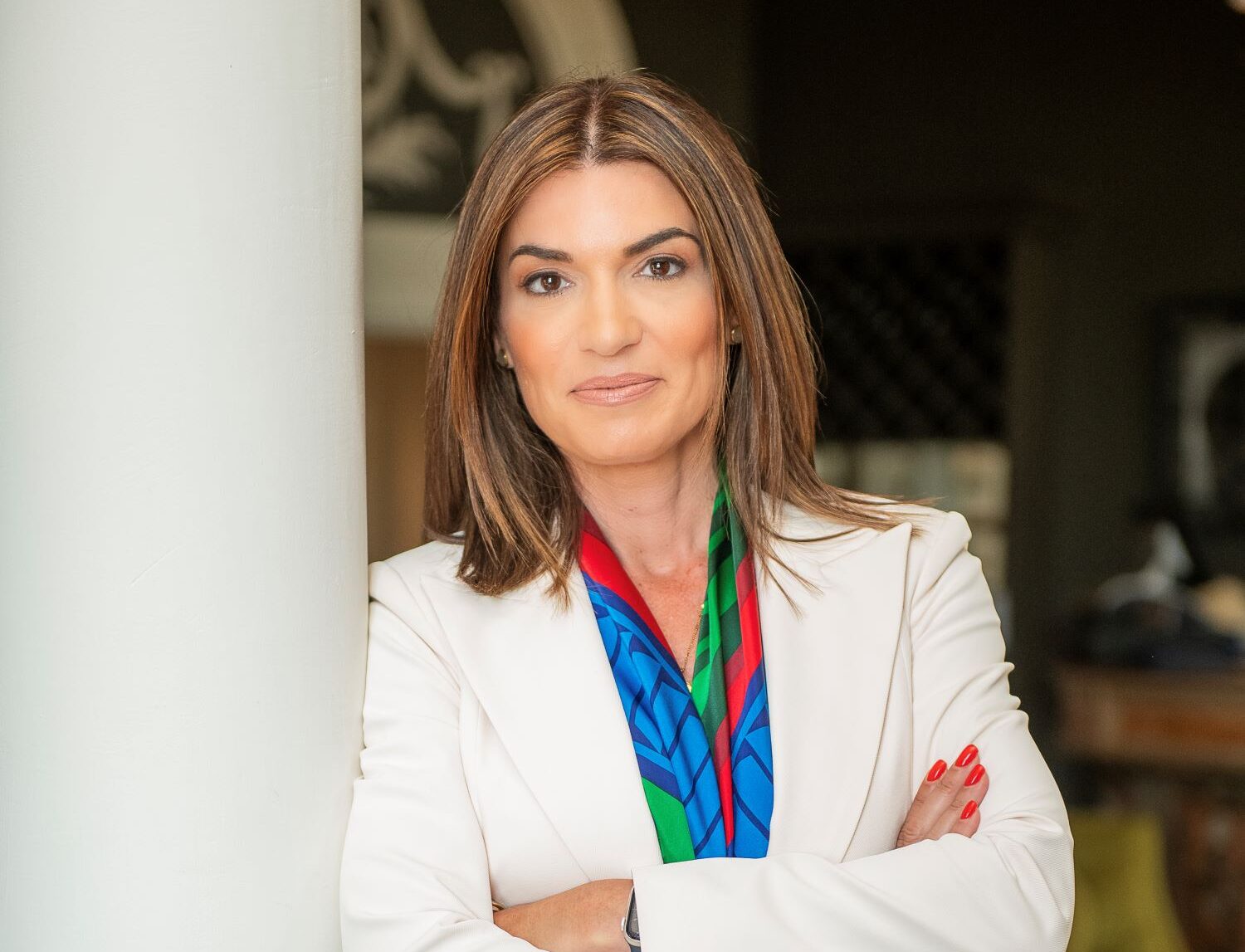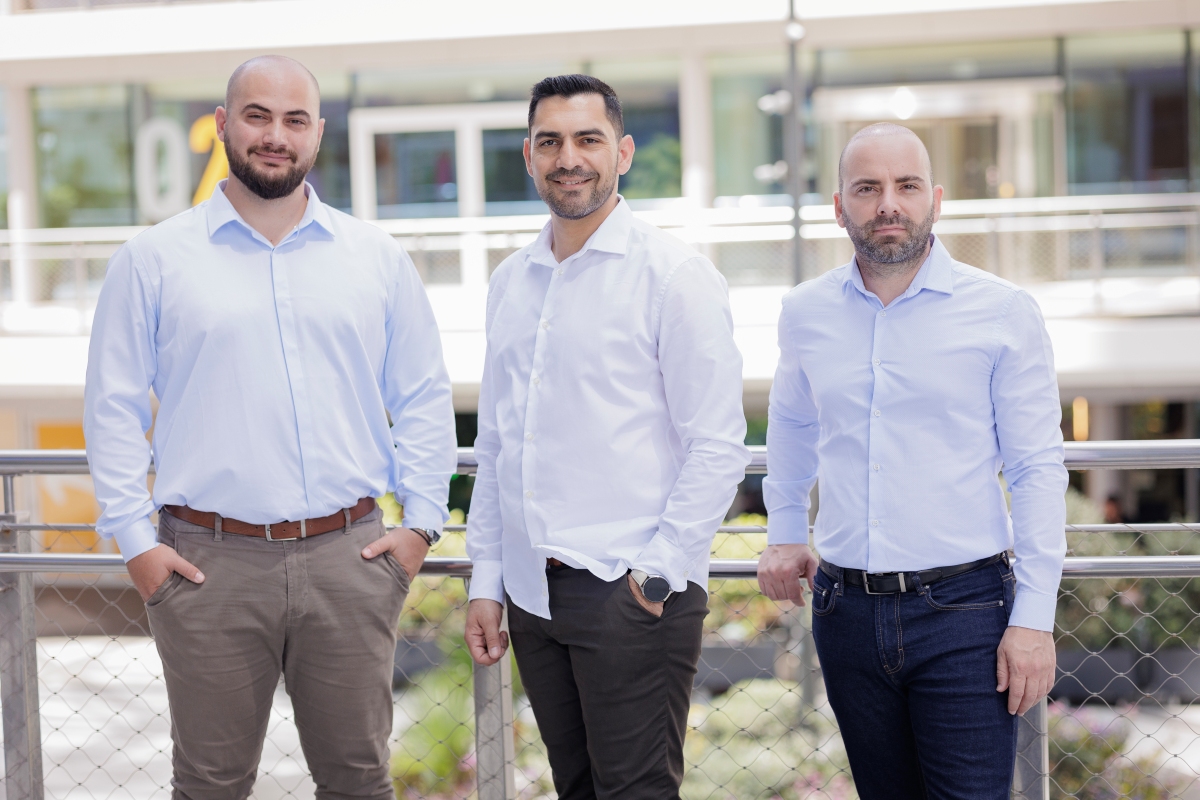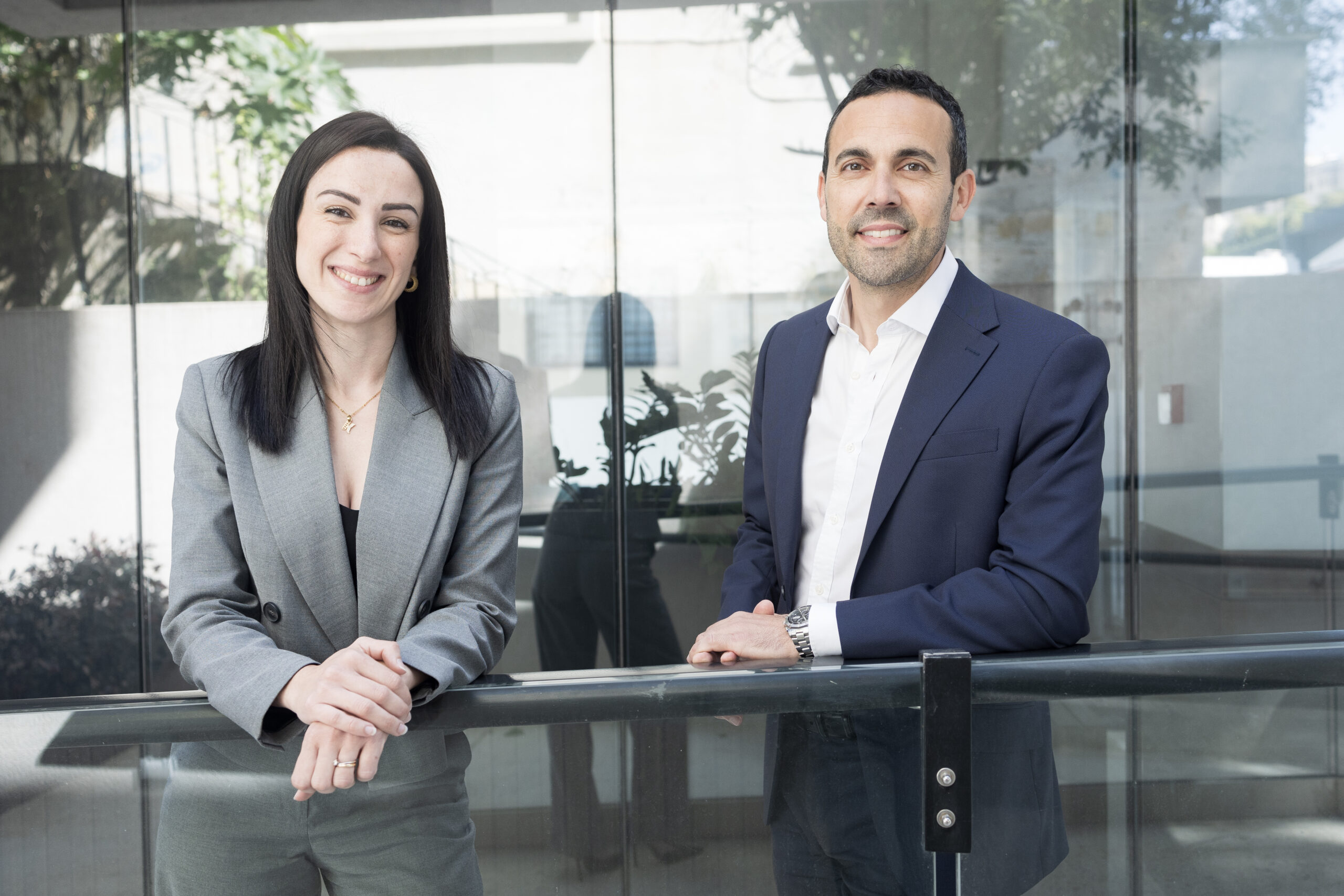Malta’s economy has demonstrated remarkable resilience and growth in recent years, weathering global economic upheavals and consistently posting impressive performance indicators. From record-breaking tourism figures to a booming construction sector, the island has become a model of economic success, but as Malta’s economic landscape continues to evolve, questions have arisen about the sustainability of its current growth model.
In the sixth iteration of a seven-part series, first featured on Business Now magazine, we explore the insights of Maria Cauchi Delia, Chief Executive Officer of the Malta Institute of Accountants (MIA), the only recognised professional accountancy organisation in Malta.
“Malta’s economic performance in recent years has been considerably strong, with sustained levels of growth and low rates of unemployment, surpassing our key EU competitors,” explains Maria, attributing this to a thriving services industry, including financial services, tourism, and gaming, which have delivered higher-quality and better-remunerated jobs. As the economy has expanded, however, so have disparities among the population, creating the need for a widening of the social safety net to ensure that no one is left behind.
“In parallel, despite the unprecedented infrastructural investment of the past two decades, the expansion of the economy has not always been met with the necessary strategic planning in key infrastructural services, including in the health and education sectors, which at times struggle to keep up with the demands of a modern, larger economy,” Maria affirms.
The CEO goes on to describe Malta’s workforce as diverse, with a highly educated local workforce which is increasingly backed up by EU and third-country nationals in several areas of industry. Despite this, an ageing population and skills gaps pose challenges that cannot be ignored. “If we look at the financial services industry as an example, the success achieved in the past two decades can be undermined without appropriate investment in education, vocational and life-long learning.
“This needs to be backed up by an ability to attract high-quality, skilled foreign workers, to not only support industry growth but also to allow transfer of knowledge from more advanced jurisdictions,” she advises.
Sharing her views on the role of the real estate and construction sector, Maria says that there is no doubt that it has been a key driver in pushing Malta’s economic growth and employment forward.
“Development has ensured that growth levels remained strong over the years, but it has also created negative side effects. These are over-development, which has, in certain areas, reduced the quality of the product offering of the Maltese Islands, and a drop in safety standards, resulting in a worrying increase in injuries and deaths,” she warns, noting that future success depends on prioritising quality and safety standards to ensure sustainable development and long-term benefits.
As for tourism, the CEO believes that the island should prioritise quality over quantity. “By focusing on high standards for sustainable practices, eco-friendly accommodations, and premium tourist experiences, the island can attract high-value visitors.
This approach ensures long-term environmental protection and maintains infrastructure integrity while supporting the sector’s growth,” she says, calling for a holistic plan rather than ad hoc measures. Sharing her forecast moving forwards, Maria reveals, “we are already seeing an increased emphasis on digital skills and green jobs, aligning with global trends.”
While new sectors may be attracted to our shores, she emphasises the importance of looking at successful industries and identifying new niches within them, which can trigger further growth. “It is imperative that all economic stakeholders work together towards a renewed economy which prioritises quality, innovation, trust, and improved reputation for this to succeed.”
This interview was first carried in the 2024 edition of Business Now Magazine, the sister brand to BusinessNow.mt and produced by Content House Group
Featured Image:
Photo by Bernard Polidano
Malta’s next leap: Secured
How ESET delivers enterprise-grade security to meet Malta’s digital ambitions
Mastering the language of business: How BELS is crafting bespoke training for a dynamic economy
BELS Malta Director of Studies Arianna Muscat on how the language school helps companies equip their teams for success.
Built differently – CLA Malta offers custom solutions in a cookie-cutter landscape of tax advisory and business
Their client-centric philosophy extends far beyond conventional consultancy.






